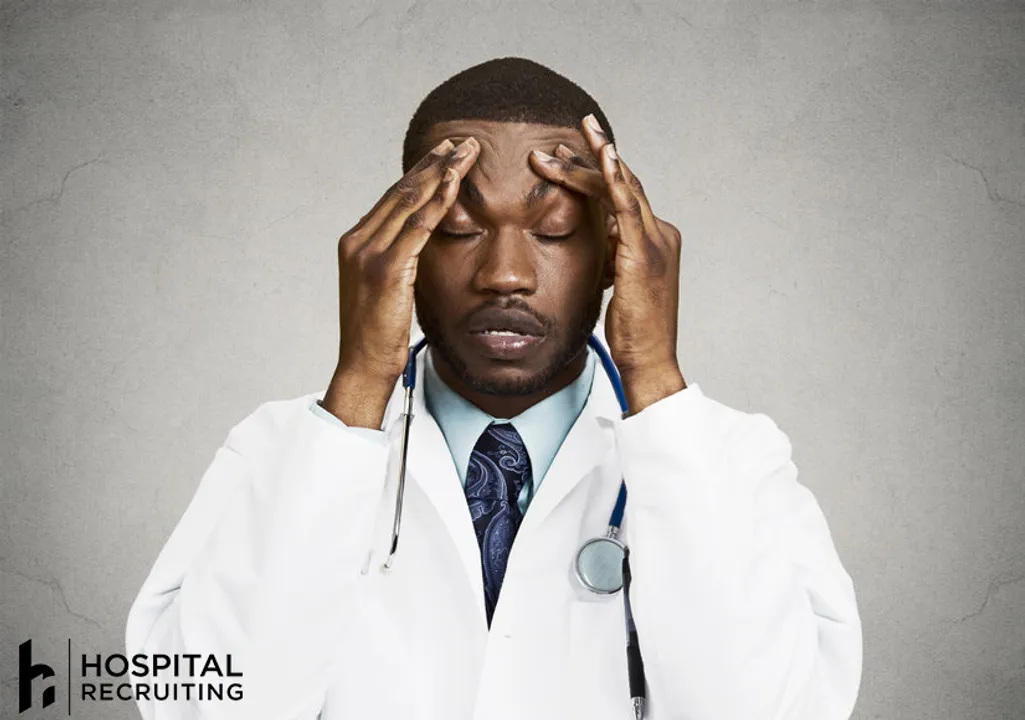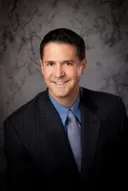Recognizing and Mitigating Burnout in the New Year

The holidays can bring a mixed bag of emotions for everybody, healthcare professionals alike. The season's busyness often obscures the overlap of holiday festivities, obligations, and negative feelings.
Physicians are trained to suppress feelings and ignore fatigue. A professional demeanor in difficult situations is what patients generally expect. This coat of armor often leads to pent-up feelings and resentment.
The term burnout was coined in the 1970s and is not unique to medicine. Unfortunately, Covid has accelerated the problem. 2020 data cited 1 in 3 physicians as being burned out. The rate is much higher as we wrap 2021 and will likely continue to rise as the new normal has yet to reach equilibration.
Recent studies shine the light on the significance of the burnout epidemic. A study by Berxi noted the following:
- 84% feel mildly burned out
- 18% feel completely burned out
- 48% are considering retirement or a career change
- Nearly half stated a change in their mental health
A study of US surgeons noted burnout as a significant factor in medical error and malpractice suits. Other specialties such as internal medicine, neurology, and emergency medicine have 300% increased odds of burnout.
Carve out time and take an honest inventory of what's going on internally. Please resist the urge to ignore or hope next year will improve on its own. Use whatever method is preferred, but viable options include journaling, talking aloud, having a cathartic conversation with a close friend, or even soliciting expert counsel.
Don't minimize essential clues. Are you fatigued even after a long weekend? Do most days feel like a failure? Are bad habits becoming the norm? Unexplained pain? Have you become cynical or anger easily? Does everything seem personal and permanent?
As you would for your patients, take a critical eye when reviewing your own signs and symptoms. I've had a few colleagues who played the burnout card and ignored warning signs only to discover months later that a serious illness had surfaced. Many physicians, I included, do not enjoy going to the doctor. You owe it to yourself, your family, and your patients to take good care of yourself.
The next step is to capture those feelings on paper to create a plan of managing or attacking them.
It's essential to resist the temptation of shaming oneself during the process. If you're familiar with the tennis legend Andre Agassi story, you'll understand that even the greats can hate their craft.
Now that everything has been captured on paper, take a moment to breathe. Celebrate how far are you have already come professionally and personally - and that you are taking steps to address the problem.
All hope is not lost. There are strategies to rejuvenate a career or reinvent oneself within the healthcare industry.
In part two, we will formulate a plan to approach these feelings and the burnout problem from a holistic standpoint. The impact of burnout and chronic stress hampers the immune system and, unfortunately, exposes healthcare providers to an increased risk of becoming ill or contracting Covid. It's time to step forward and write a prescription for self-care moving into the new year.
Related Posts
